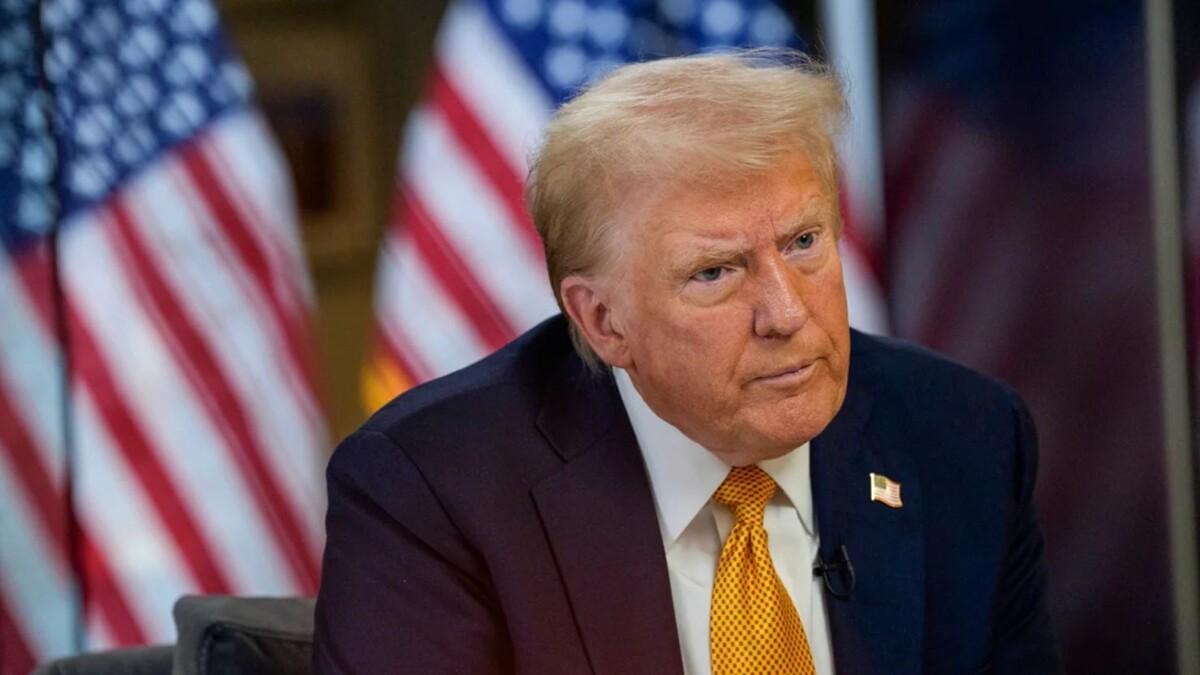
The recent appointment of several nominees for foreign policy, with experience in the Americas, suggests that the Western Hemisphere, and particularly North America, will be a priority for Donald Trump's incoming administration. The ambassador to Canada, Pete Hoekstra, was appointed at a time when a closer approach to the bilateral relationship is being sought. The Trump administration is expected to balance cordiality and firmness while preparing to face significant challenges in its foreign policy towards the Americas.
Trump has threatened to impose a 25% tariff on all products from Mexico and Canada if they do not address irregular migration and other forms of crime. Political uncertainty and volatile decisions could characterize his second term. The North American trade partnership is the largest free trade area in the world, representing 26% of total U.S. trade. In North America, companies must prepare for possible changes in regional trade dynamics.
Key issues for the renegotiation of the USMCA include the automotive, energy, textile, and dairy industries. Canada and Mexico will seek to protect their industries while opening opportunities for local producers. Regarding political developments, unusual political volatility is expected in Canada in 2025, and Mexico seeks to continue the agreement with minimal changes.
Businesses are advised to monitor tariffs, supply chain obstacles, and changing geopolitical dynamics. Trump plans to declare a national emergency on migration soon, which could lead to rapid border closures. Trade cooperation will be linked to security issues and organized crime. It is essential to proactively engage with decision-makers and consider China's influence in the region.
Additionally, key nominations such as Marco Rubio as Secretary of State and Ronald Johnson as ambassador to Mexico reflect an aggressive approach to foreign policy and combating transnational crime, respectively. The resignation of the Canadian Prime Minister and discussions on immigration and border control will continue to impact relations between the North American countries. Border closures could pose logistical challenges for trade in the region, and the review of the USMCA could raise new negotiation points sooner than expected.










